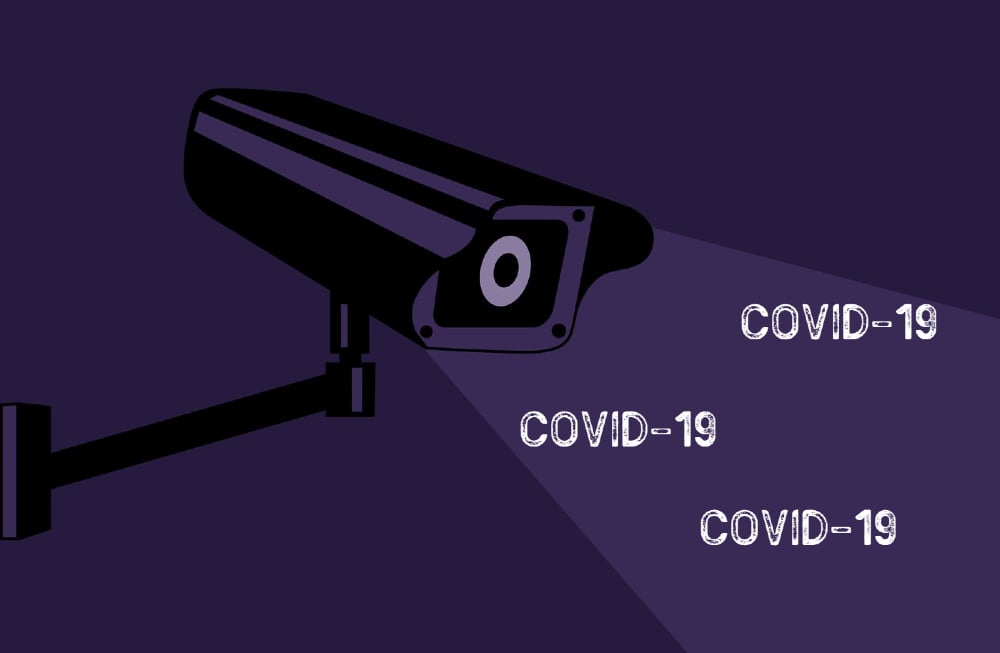
To combat COVID-19, the Armenian government has had the opportunity to track down people from April 2020 and inform them about having been in contact with infected people. The goal is to prevent further spread of the infection through self-isolation.
The discussion of this bill in the National Assembly lasted for days, there was a heated discussion. In order to avoid further problems with the use of data, the main view was that there should be a controlling body of parliamentary forces, which would include independent experts.
Months later, the effectiveness of the program’s implementation and the existing problems, as well as the need to use it in the face of such a spread of the infection, were not officially discussed.
The mechanisms of public control over their destruction after the use of data processing, collection, and use have also not yet been established.
On April 2, a group of NGOs issued a statement urging citizens to be properly informed about which institutions are involved in the process, how data protection and security are ensured, and to provide clear information on the implementation of the system.
Later, the head of Tigran Avinyan’s office Varag Siseryan informed about the concerns that the automated system was created “by Armenian volunteer programmers.”
According to him, the programmers do not want their names to be published, they do not agree that the fact of their gratuitous support will be made public.
Media organizations were joined by civil society representatives in demanding that the process be made transparent, that the names of the volunteers be presented to the public, that the technical task presented to them be published regularly, and that efficiency be assessed.
Civil society representative Isabella Sargsyan says the government and the Commandant are keeping silent about this demand, which is a contemptuous attitude towards the public.
“The use of people’s personal data for public health should be transparent, there should be mechanisms for public control. The mere fact that the government has not spent money does not justify such an attitude towards the public. This contributes to the conspiracy theories that are unfolding these days, to the spread of fantasy-based information about chipping, ”says Isabella.
According to her, international experience shows that governments have great public confidence in the use of such programs.
“People have a lot of concerns and doubts about how their data is collected, processed and used. They are interested in whether personal data helps the process of fighting the epidemic,” she said.
According to her, Armenian programmers who voluntarily collect and process data are not against the publication of their names, rather want more important information.
Arthur Papyan, the co-founder of Cyberhub, which supports digital technologies and cybersecurity in Armenian civil society, says it is important to see how the program works in real-time if it works, and then continue to use it, if not to understand how to act.
“In the beginning, when the government accessed people’s personal data, there were very few cases of infection. In that period, its use may have been effective, but now an average of 500 cases are registered every day. Does the state have the resources to continue?” he said.
According to him, the international experience shows that this is not mechanical work, but a process involving specialists with certain knowledge, who need to properly analyze and evaluate the information about the infected and contactors.
According to Papyan, there are facts that people who have been in contact with the infected have been informed about it, but the results of the application of the program have not been made public.
It can become a dangerous practice, which, according to the expert, can be used and justified by future forces in power.
Gayane Asryan


Add new comment
Comments by Media.am readers become public after moderation. We urge our readers not to leave anonymous comments. It’s always nice to know with whom one is speaking.
We do not publish comments that contain profanities, non-normative lexicon, personal attacks or threats. We do not publish comments that spread hate.